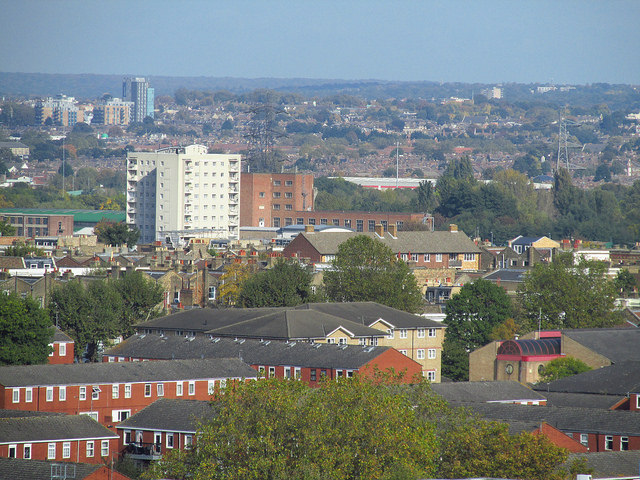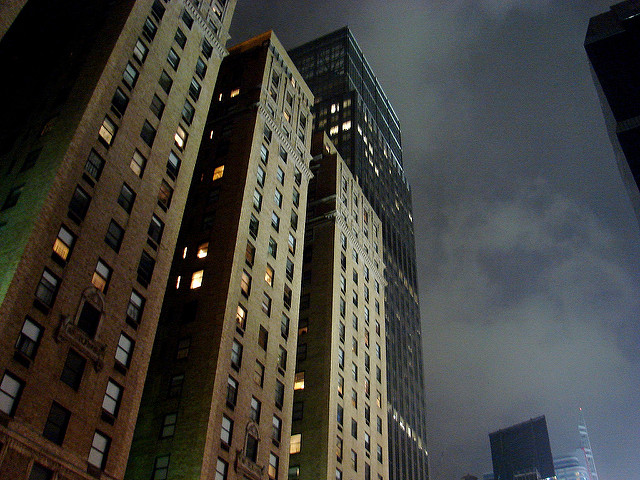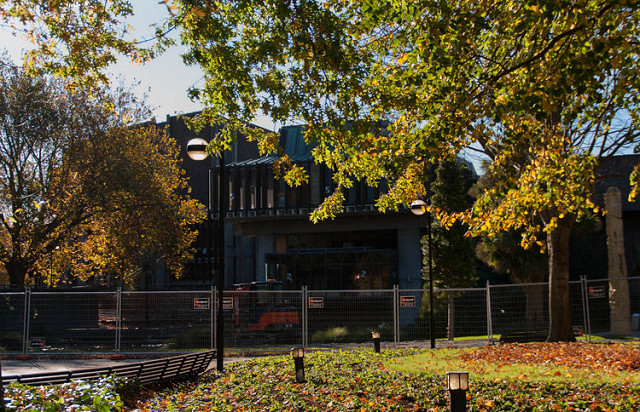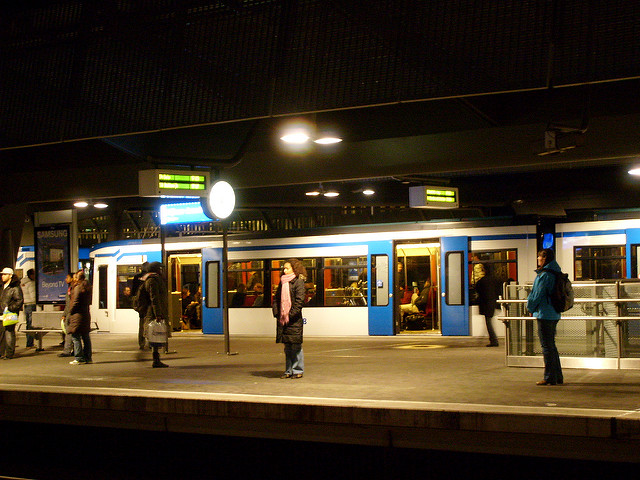The BBC reports this week that one UK landlord who provided housing for immigrants has been jailed for a year.
Michael Nevin, 36, of West End, Penwortham, Lancashire, admitted 25 charges of facilitating breaches of UK immigration law.
Liverpool Crown Court was told Nevin had provided accommodation for the immigrants, who were from eastern Europe, at two properties in Southport. They were discovered after police raids in April 2004.





